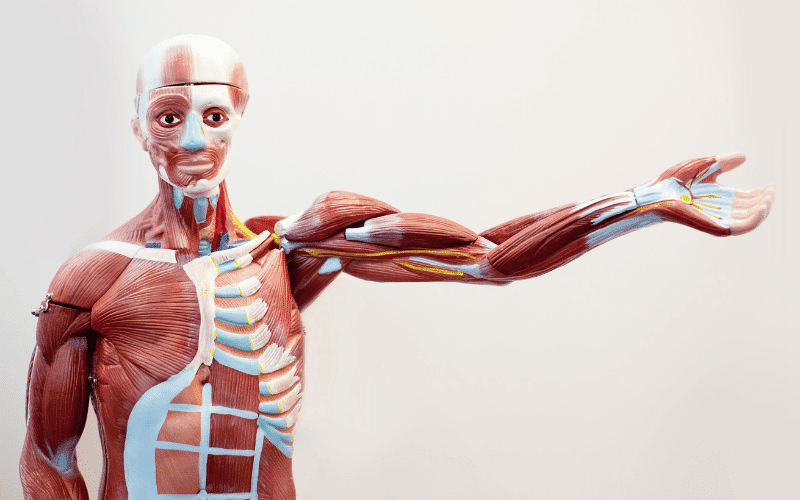Symptom 2: Muscle Rigidity – The Unwanted Stiffness

The human body is designed for movement, with muscles that contract and relax to facilitate various actions. However, in cases of PKAN, this normal muscle function can be disrupted, leading to a symptom known as rigidity, or unwanted stiffness in the muscles.
Rigidity manifests as an unusual resistance to passive movement. Imagine trying to move a part of your body and feeling an uncharacteristic stiffness impeding your movement; this is what rigidity feels like. It’s as if the muscles are involuntarily tensed and refuse to relax, creating a sensation of inflexibility.
A peculiar form of rigidity often observed in PKAN is ‘cogwheel’ rigidity. The term cogwheel refers to the intermittent resistance felt during the movement of a joint, somewhat similar to the rotating gears of a mechanical cogwheel. This specific symptom adds another layer of complexity to the overall picture of PKAN.
The implications of rigidity extend beyond mere physical discomfort. It can pose substantial hindrances to everyday life, as stiffness in the muscles can limit range of motion and hinder normal activities. Understanding and recognizing this symptom can play a crucial role in timely diagnosis and management of PKAN. (2)